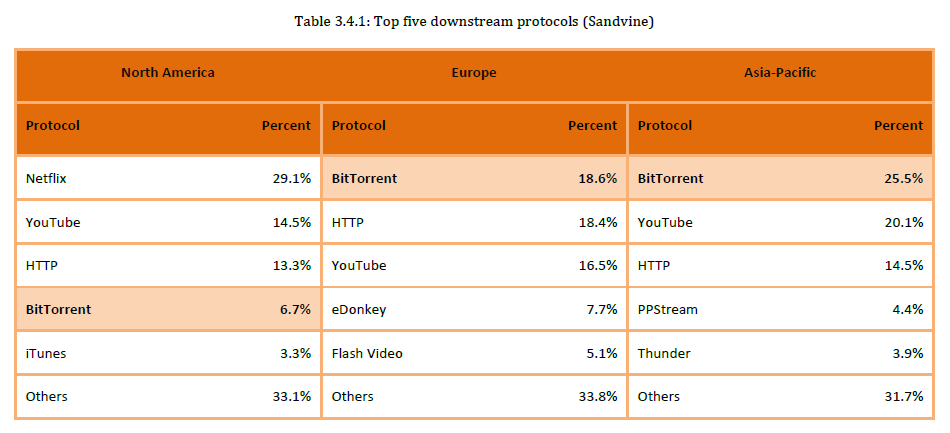Mark Steyn’s weekend column touched on some items of interest to aficionados of past government software fiascos:
The witness who coughed up the intriguing tidbit about Obamacare’s exemption from privacy protections was one Cheryl Campbell of something called CGI. This rang a vague bell with me. CGI is not a creative free spirit from Jersey City with an impressive mastery of Twitter, but a Canadian corporate behemoth. Indeed, CGI is so Canadian their name is French: Conseillers en Gestion et Informatique. Their most famous government project was for the Canadian Firearms Registry. The registry was estimated to cost in total $119 million, which would be offset by $117 million in fees. That’s a net cost of $2 million. Instead, by 2004 the CBC (Canada’s PBS) was reporting costs of some $2 billion — or a thousand times more expensive.
Yeah, yeah, I know, we’ve all had bathroom remodelers like that. But in this case the database had to register some 7 million long guns belonging to some two-and-a-half to three million Canadians. That works out to almost $300 per gun — or somewhat higher than the original estimate for processing a firearm registration of $4.60. Of those $300 gun registrations, Canada’s auditor general reported to parliament that much of the information was either duplicated or wrong in respect to basic information such as names and addresses.
Sound familiar?
Also, there was a 1-800 number, but it wasn’t any use.
Sound familiar?
So it was decided that the sclerotic database needed to be improved.
Sound familiar?
But it proved impossible to “improve” CFIS (the Canadian Firearms Information System). So CGI was hired to create an entirely new CFIS II, which would operate alongside CFIS I until the old system could be scrapped. CFIS II was supposed to go operational on January 9, 2003, but the January date got postponed to June, and 2003 to 2004, and $81 million was thrown at it before a new Conservative government scrapped the fiasco in 2007. Last year, the government of Ontario canceled another CGI registry that never saw the light of day — just for one disease, diabetes, and costing a mere $46 million.
But there’s always America! “We continue to view U.S. federal government as a significant growth opportunity,” declared CGI’s chief exec, in what would also make a fine epitaph for the republic. Pizza and Mountain Dew isn’t very Montreal, and on the evidence of three years of missed deadlines in Ontario and the four-year overrun on the firearms database CGI don’t sound like they’re pulling that many all-nighters. Was the government of the United States aware that CGI had been fired by the government of Canada and the government of Ontario (and the government of New Brunswick)? Nobody’s saying. But I doubt it would make much difference.




